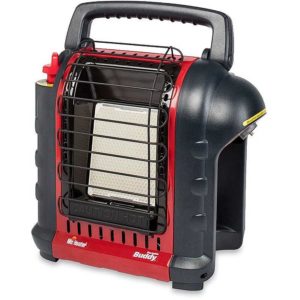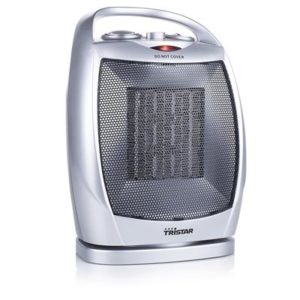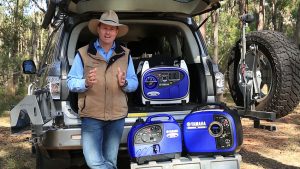As Yamaha Motor Company made a global decision to exit the generator business, the range of Yamaha products are no longer available.
Welling & Crossley provide a range of alternative products suitable as replacements.
Welling & Crossley are Australia's leading experts in industrial and portable generators, and can help you choose the right product.
If you’re really into camping, you would want to extend your trips way beyond the normal summer months unlike everyone else. The problem with that is the further you are from summer, the colder it will be. Sometimes you can make do with better tent insulation and thicker sleeping bags, but there will be times when all that is not enough.
For camping excursions in colder weather, camping heaters will provide you with a comfortable environment where you can take your thick outerwear off and just enjoy the warmth.
As an added bonus, these heaters can be used to dry your clothes and equipment!.
Types of Camping Heaters
There are generally two types of heaters used for heating up in campsites: combustion and electric. Combustion based heaters utilise gas such as butane and propane as fuel, and electric heaters use heating elements powered by electricity to warm the air around it.
Combustion Heaters

Commonly know as gas heaters, these are very popular among outdoor enthusiasts. As these heaters depend on burning gas to create heat, they are suitable for heating outside the tent area and general outdoor use. Using them inside a tent is not advised, as they produce carbon monoxide which can cause loss of consciousness, asphyxiation and possibly death. While butane burns a lot cleaner than propane, it can still produce toxic CO2 levels especially when there is not enough ventilation in the tent. Therefore experts in outdoor equipment do not recommend combustion heaters to be used in tents.
There are also fuel based catalytic heaters which does not involve combustion and thus does not produce CO2. These heaters produce heat through chemical reactions between the propane or natural gas fuel, oxygen in the air and a metal plate within the heater.
These heaters usually come with safety features such as automatic power cutoff in the event it is tipped over. Most newer gas heaters will also shut down when there is not enough oxygen in the air, as this will cause an incorrect gas to air mixture ratio, thus producing more CO2 due to incomplete burning.
Electric Heaters

If you’re camping in a powered site, then electric heaters might be a better choice. They rely on a fan that directs air towards a heating element and blowing out hot air in the process. There are also radiant electric heaters which use infrared rays to heat your skin and clothes while leaving the surrounding air cool, but these heaters only work on surfaces close to the heating element and within direct line of sight.
Electric heaters do not involve burning of fuel, so it has lower chances of catching fire. Together with the fact that it does not produce CO2 as a byproduct of heat generation, it is considered safer that gas heaters.
The outer body of electric heaters do not get hot, so there is no risk of your limbs accidentally getting burned in the night due to being too close to the heater.
Campfires

Camping is indeed more fun with a campfire. While not categorised as camping heaters, campfires are a valid source of heat for campers. For some people, watching the kindling and wood get consumed by fire can be really therapeutic and relaxing. However, not all campsites permit campfires and they are totally disallowed during Total Fire Bans.
A normal sized campfire, if permitted, will not burn through the night without human intervention. It also does not heat the inside of tents, so it’s not useful to help you sleep comfortably.
Powering Your Electric Camping Heaters

Yamaha generators are trusted by Pat Callinan himself
Some camping sites are powered, where you will be provided with an electrical outlet which you can connect a power board to. Your extension lead will be exposed to the elements, so be sure to use proper outdoor extension cables to minimise risk of electrical short circuits.
If you are setting up camp on an unpowered site, your best best is to use a portable camping generator. These are usually small enough to fit in the vehicle with your camping gear and are quiet enough for the campsite. You can leave the generator outdoors and have your heater inside the tent, providing ample heat without polluting the indoor air. Just remember to allocate enough fuel for your entire trip.
Yamaha produces portable generators with several different power outputs to cater for your different requirements. Check out our camping range for a generator that fits your usage.
Pat Callinan, or better known as Mr. 4×4, is an authority in the outdoor lifestyle circuit. Pat has been an ambassador for Yamaha for years, often taking his generators on numerous trips to the Australian outdoors. Check out his videos about tips & recommendations on our generators.
